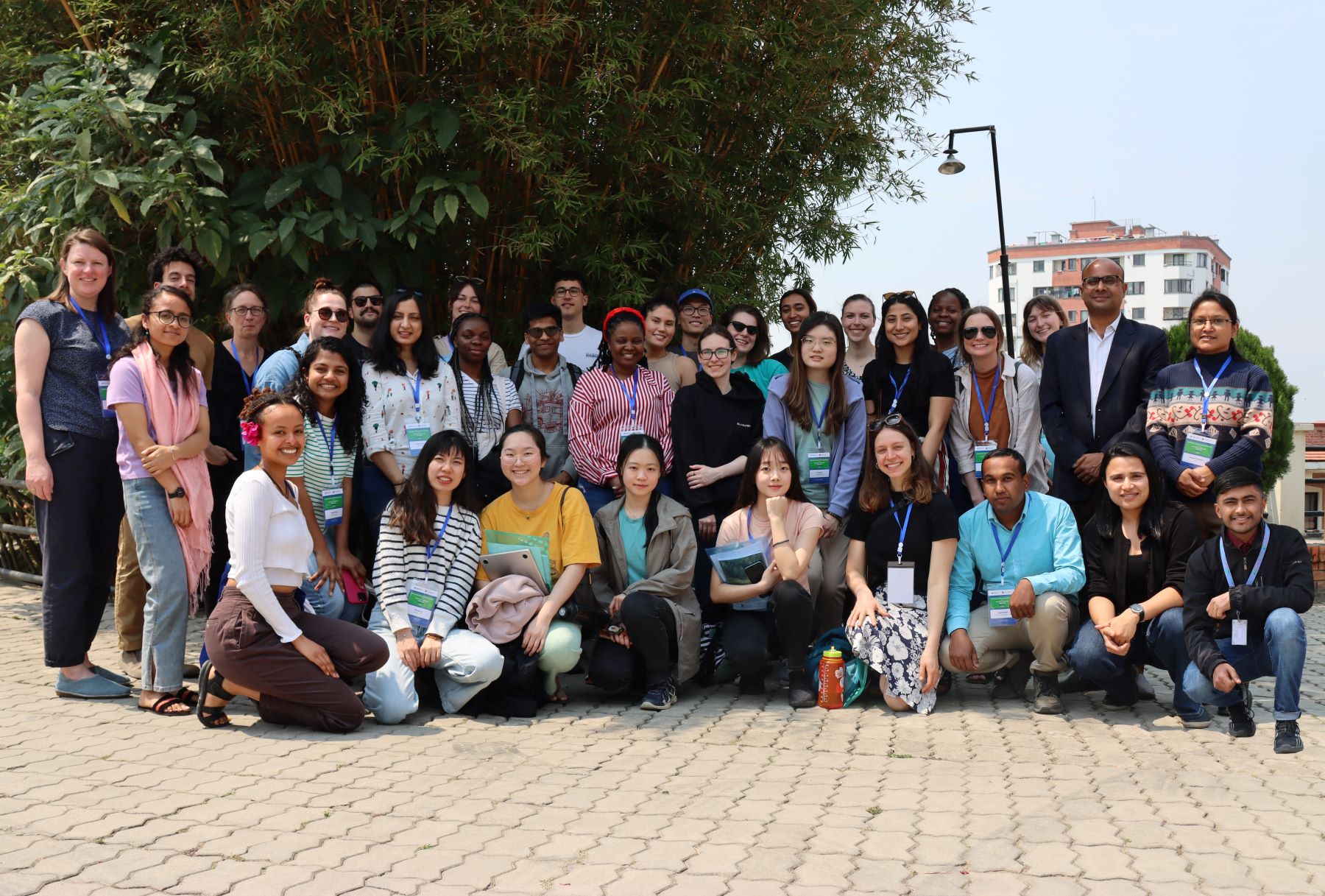Project Leader: Hemant Raj Ojha
Partners and Collaborators: University of Cambridge UK, SIAS, Centre for Ecology and Development and Research (CEDAR) INDIA
Duration: November 2013 to May, 2016
Brief description of the activity/project: This is a combined research project to be conducted by University of Cambridge UK, SIAS and Centre for Ecology, Development and Research (CEDAR) INDIA under Ecosystem Service and Poverty Alleviation- ESPA. ESPA is an international research programme, funded as a global public good and designed to produce world-class research and evidence to promote the sustainable management and use of ecosystem services to promote poverty alleviation.
The aim of this research is to understand the political economy of water security in the Western Himalayas, focusing on the role of springs, streams and rivers in catchments surrounding small towns as sources of water. The project will consider the range of ecosystem services which flow from these catchments (and how they are accessed and used), promote multi-stakeholder platforms for broad-basing an ecosystems approach, and assess how the interests of local stakeholders (especially the rural and urban poor) are represented and discussed in the political economy of negotiations over water in these landscapes. The research will focus on small towns in the Western Himalayan region, in the Indian states of Himachal Pradesh and Uttarakhand, and the Hill and Mountain areas of Nepal (cutting across all five development regions). This is a dynamic region which is witnessing a rapid increase in urbanization, especially in small towns, where a range of environmental, physical, economic, social, technological, institutional, and political factors impact water security. Each of the jurisdictions has a complex history of political transition, and variations in approaches to decentralization, stakeholder engagement, and urban and rural planning, despite very similar ecological and socio-economic drivers. It is this contrast of political, governance and negotiation contexts that will form the basis for the comparative approach that will be adopted in this project.
Project Team
Project Update
- ESPA Annual Science Meeting, New Delhi, India
- Interaction Program- Bidur Interaction Program- Dhulikhel
- Presentation by project team in Seminar Environmental Justice as an Analytical Lens in Policy Research on Environment and Development



